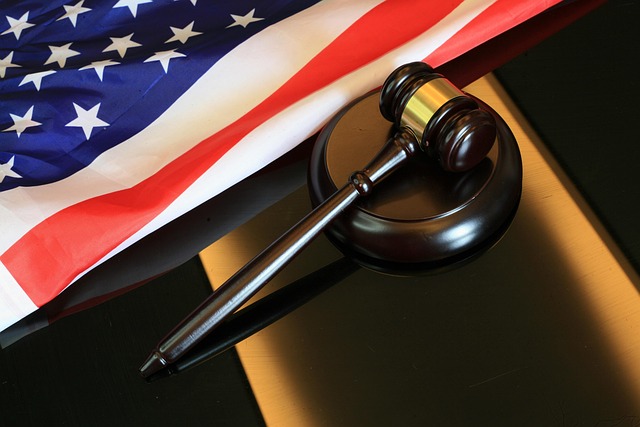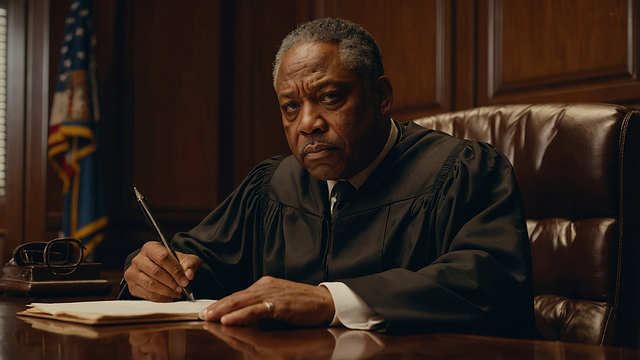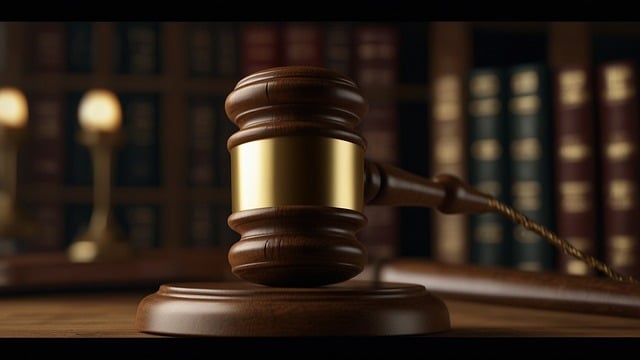Recognizing red flags like pressure tactics and unrealistic promises is vital for avoiding securities scams. The "Understanding Healthcare Regulatory Litigation Process" exposes false claims, protects investors, and ensures industry compliance through investigations, enforcement actions, and trials. This process, involving complex healthcare laws, strategic legal tactics, and data analytics, holds perpetrators accountable and fosters transparency, deterring future scams.
Securities scams cost investors billions annually, making it crucial to stay informed and protected. In this comprehensive guide, we expose common schemes, from fake investments to fraudulent regulatory claims, helping you recognize red flags. We navigate the complex world of healthcare regulatory litigation, explaining how authorities shield investors and close legal loopholes. By understanding the process, you can better defend against scams and ensure justice through effective litigation.
- Recognizing Red Flags: Common Schemes Unveiled
- Navigating Regulatory Authorities: Your Shield Against Scams
- Legal Loopholes: Strategies to Stay Ahead
- Protecting Investors: The Role of Litigation in Accountability
Recognizing Red Flags: Common Schemes Unveiled

Recognizing red flags is a critical step in protecting yourself from securities scams. Common schemes often involve pressure tactics, such as urging immediate investment decisions or promising unrealistic returns with minimal risk. Scammers may also use sophisticated language and jargon to sound credible, or they might impersonate trusted individuals or organizations. Another telltale sign is the absence of regulatory oversight or a complete dismissal of all charges in previous cases.
Understanding healthcare regulatory litigation involves navigating complex processes at every stage, from initial investigations to enforcement actions. An unprecedented track record of success in these cases can be an indicator of legitimacy, as it shows a thorough understanding and adherence to the healthcare industry’s unique legal landscape. By staying vigilant and informed about these red flags, investors can better protect themselves and their assets.
Navigating Regulatory Authorities: Your Shield Against Scams

Navigating Regulatory Authorities plays a pivotal role in protecting investors from securities scams. These regulatory bodies, such as the Securities and Exchange Commission (SEC) in the U.S., are tasked with overseeing the healthcare industry to ensure compliance with laws and regulations. By understanding the intricate Understanding Healthcare Regulatory Litigation Process, potential victims can gain insights into how these authorities operate. Through all stages of the investigative and enforcement process, from initial complaints to jury trials, regulatory actions serve as a shield against fraudulent activities.
Whether targeting corporate or individual clients, these agencies employ a range of tools, including fines, cease-and-desist orders, and even criminal charges. Their meticulous examination of financial statements, investment pitches, and business practices can expose false claims, misleading information, and unethical conduct. This proactive approach not only deters potential scammers but also provides justice for those who have fallen victim to such schemes.
Legal Loopholes: Strategies to Stay Ahead

In the complex world of securities, legal loopholes can be exploited by unscrupulous individuals and entities, posing significant challenges to investors and regulatory bodies alike. To stay ahead, it’s crucial to understand the intricate Healthcare Regulatory Litigation Process. This process involves navigating a web of laws, regulations, and precedents unique to healthcare and financial sectors, often demanding specialized knowledge. By employing strategic legal tactics, perpetrators can temporarily evade punishment, leading to a cat-and-mouse game where regulatory authorities strive for complete dismissal of all charges through robust evidence and solid legal arguments.
However, a meticulous approach by regulators, backed by an unprecedented track record of achieving extraordinary results, can close these loopholes. This involves enhancing collaboration between healthcare and financial oversight bodies, staying updated on evolving scams, and leveraging advanced data analytics to identify patterns and anomalies. Ultimately, the goal is not just to punish wrongdoers but also to educate investors, foster transparent practices, and ensure the Healthcare Regulatory Litigation Process serves as a robust deterrent for potential securities scammers.
Protecting Investors: The Role of Litigation in Accountability

In the realm of securities fraud, investor protection is paramount. One of the key mechanisms to ensure accountability and deter future scams is through litigation—a process that involves navigating complex legal landscapes and understanding healthcare regulatory frameworks. By employing strategic lawsuits, authorities can seek justice for victims and send a robust message to potential perpetrators. This involves meticulous documentation, expert analysis, and a deep dive into the Understanding Healthcare Regulatory Litigation Process.
Litigation plays a pivotal role in holding accountable those who engage in deceptive practices within the securities market. Through careful legal strategies, both corporate and individual clients can face charges related to fraudulent activities. The ultimate goal is a complete dismissal of all charges or, at the very least, significant penalties and reparations for victims, ensuring that wrongdoers are held responsible for their actions while protecting innocent investors in the respective business environment.
In the ever-evolving landscape of securities fraud, staying informed and proactive is key to protecting oneself. By recognizing red flags, understanding regulatory authorities’ roles, and staying updated on legal strategies, investors can fortify their defenses against cunning scams. The intricate web of healthcare regulatory litigation plays a pivotal role in holding wrongdoers accountable, ensuring transparency, and safeguarding the financial well-being of investors. Embracing the Understanding Healthcare Regulatory Litigation Process is a powerful tool in this ongoing battle, enabling individuals to navigate the complexities of the market with renewed confidence and peace of mind.






